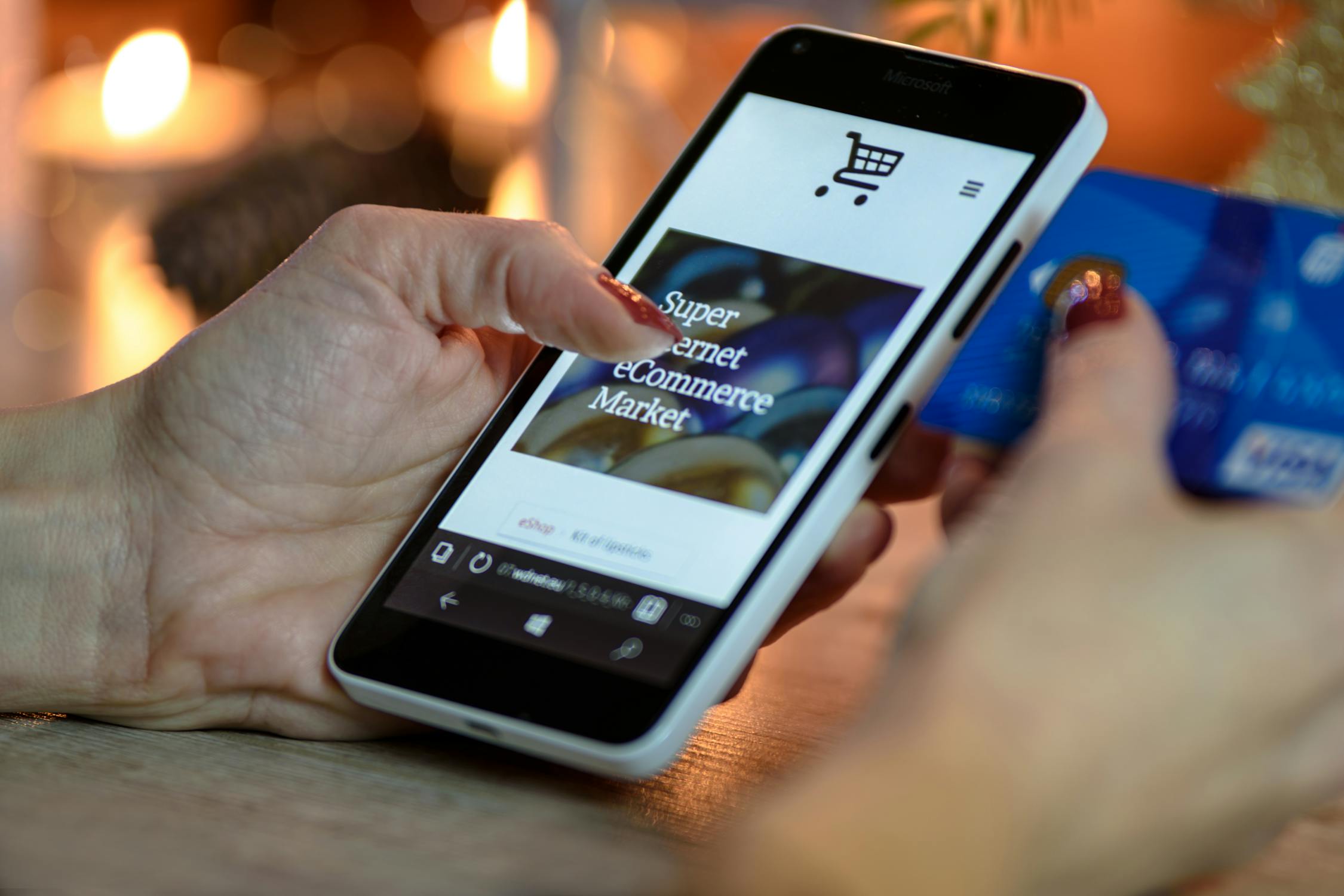Top Tips for Safe Online Shopping During Holiday Seasons
As the holiday season approaches, millions of consumers flock to online stores to purchase gifts, taking advantage of deals and discounts. While online shopping offers convenience, it also presents certain risks, especially during peak times when cybercriminals are more active. Protecting your personal information and financial data is crucial to ensuring a safe online shopping experience. This article highlights some essential tips to help you shop securely during the holiday season, minimizing the risk of falling victim to scams or fraud.
1.

Choose Reputable Retailers
One of the most important steps in safe online shopping is choosing reputable retailers. Sticking to well-known websites with established security measures significantly reduces the risk of fraud. Be cautious when shopping on unfamiliar sites, especially if they offer deals that seem too good to be true.
Before making a purchase, check for customer reviews and ratings. Websites like Trustpilot provide insights into other shoppers' experiences with specific retailers. Look for trust signals on the website, such as HTTPS in the URL, which indicates that the site has a secure connection.
Avoid clicking on links from unsolicited emails or ads, as these could lead to phishing sites designed to steal your personal information. Enter the retailer's web address directly into your browser's address bar.
2. Secure Your Payment Methods
Using secure payment methods is vital when shopping online. Credit cards and payment services like PayPal offer greater protection against unauthorized transactions compared to debit cards or direct bank transfers. If a fraudulent charge occurs, you can dispute it with your credit card company or payment service provider.
Consider enabling two-factor authentication (2FA) on your accounts for added security. This requires you to enter a code sent to your phone or email in addition to your password when logging in, making it harder for hackers to gain access.
Avoid saving your payment details on retail websites. Although it may be convenient, storing this information increases the risk of your data being compromised in a breach.
| Payment Method | Security Features | Best Practices |
|---|---|---|
| Credit Card | Fraud protection, chargeback rights | Monitor statements regularly, use one-time card numbers if available |
| PayPal | Buyer protection, encrypted transactions | Enable two-factor authentication, avoid linking to debit accounts |
| Bank Transfer/Debit Card | Limited protection against fraud | Avoid using for online purchases when possible |
3. Be Wary of Public Wi-Fi Networks
Public Wi-Fi networks are convenient but often lack security measures, making them an easy target for hackers looking to intercept your data. Avoid conducting any financial transactions over public Wi-Fi, including online shopping and banking.
If you must shop while connected to public Wi-Fi, use a Virtual Private Network (VPN) to encrypt your internet connection and protect your data from potential threats. VPNs create a secure tunnel between your device and the internet, masking your activity from prying eyes.
Another option is to use your mobile data instead of public Wi-Fi when making purchases on-the-go. While it may consume more data, it's generally more secure than unprotected public networks.
4. Monitor Your Accounts Regularly
Regularly monitoring your bank and credit card statements is essential for detecting any unauthorized transactions early on. During the holiday season, it's easy to overlook small fraudulent charges amidst numerous legitimate purchases.
Set up alerts with your bank or credit card provider to receive notifications of any unusual activity or large transactions. This allows you to take immediate action if something seems off.
If you notice any suspicious activity on your account, report it to your bank or credit card company immediately. They can help you freeze your account and investigate the issue further.
5. Keep Your Devices Secure
Your devices are essential for ensuring secure online shopping experiences. Ensure that all software, including operating systems and antivirus programs, is up-to-date with the latest security patches. Cybercriminals often exploit vulnerabilities in outdated software to gain access to sensitive information.
Avoid downloading apps from unofficial sources or clicking on suspicious links that could install malware on your device. Malware can track your keystrokes or even take control of your device without your knowledge.
- Create strong passwords that combine letters, numbers, and symbols; avoid using easily guessed words or phrases like "password123."
A password manager can help you store and manage complex passwords across multiple accounts securely.
The convenience of online shopping during the holiday season comes with its own set of challenges and risks. Choose reputable vendors, use secure payment methods, avoid public Wi-Fi for financial transactions, monitor your accounts regularly, and protect your devices to reduce the risk of fraud while enjoying online shopping.
Keep yourself updated and alert throughout the holiday season with these guidelines to protect your personal data. With proper precautions in place, you can shop with confidence knowing that you've minimized potential risks.